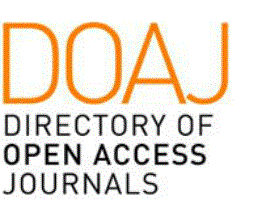Author Country
Brazil
DOI
10.22191/gobernar/vol2/iss3/2
Document Type
Article
Abstract
This essay analyzes how political and ideological changes affect public bureaucracy and its relationship with civil society regarding different strategies of openness to participation. We suggest a theoretical-conceptual framework to discuss aspects of the political situation in Latin America. First, we discuss the changes that occurred over time, in the state-civil society relationship, which strengthen the latter and amplify a discourse for more participatory democracy. The focus is the role of the public bureaucracy in mediating the relations among the several actors in society, and we examine the way different political and ideological strands influence how open to participation the bureaucracy is in different periods. The literature review indicates two trends in the state-civil society relationship: technocrat and popular. These reflect the two main ideologies affecting the behavior of public bureaucrats when it comes to participation. We argue that in Latin America, although there is a swing around two different old-fashioned ideologies, both of them reinforce the centrality of the state and its bureaucracy. Therefore, dominant ideologies are not helpful in responding to the need for a deeper state-society re-articulation, which indicates the need and the possibility of building a new ideological approach.
Recommended Citation
Faria Zimmer Santos, Grazielli and Chies Schommer, Paula
(2018)
"Bureaucracy, Civil Society and Ideology in Latin America,"
Gobernar: The Journal of Latin American Public Policy and Governance: Vol. 2
:
Iss.
3
, Article 4.
DOI: 10.22191/gobernar/vol2/iss3/2
Available at:
https://orb.binghamton.edu/gobernar/vol2/iss3/4
Included in
Latin American Studies Commons, Other Public Affairs, Public Policy and Public Administration Commons, Politics and Social Change Commons, Public Administration Commons, Public Affairs Commons



